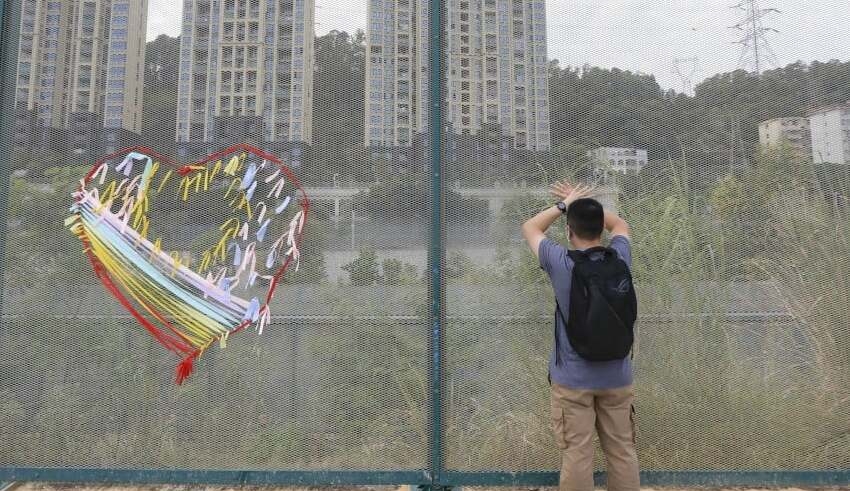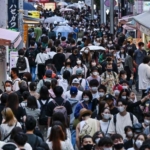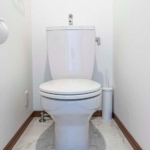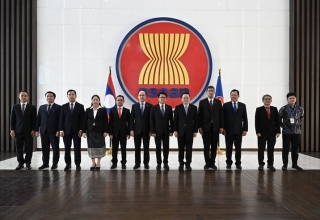
Now that the border between Hong Kong and China has been reopened, Shanghai engineer Roy Wang has a pressing task: rekindling his long-distance love after a terrible separation.
“So many arguments occurred between my girlfriend and I. It was quite difficult to manage,” Wang, 23, reported to AFP on Wednesday (Jan 4).
His request to visit her the following day was granted.
On Sunday, authorities announced that extensive transit between Hong Kong and China would resume, initially letting some 60,000 people to cross in each direction every day.
After the border was virtually sealed for over three years during the coronavirus pandemic, splitting families, halting tourism, and prohibiting most business travel, these measures are a game-changer for many.
Wang said, “I am really relieved” after hearing the news. After such a lengthy wait, even though the process is difficult, the outcome is satisfying.
Hong Kong’s recession-stricken economy is keen to reconnect with its largest source of development, and families are eagerly anticipating Chinese New Year reunions later this month.
Within one day of the announcement of the new regulations, more than 280,000 Hong Kong residents registered to travel to China.
Keep Reading
However, not everyone in Hong Kong shares this enthusiasm.
Some are concerned about the impact of a potential influx of patients on Hong Kong’s already overcrowded hospitals and the battle for medical resources in one of the most densely inhabited cities in the world.
Others are unwilling to depart from a less congested existence.
Some fear a recurrence of anti-Chinese sentiment, which was partially responsible for the massive, now-quelled Hong Kong democratic protests in 2019.
China has abruptly abandoned its tight zero-COVID stance, leading to a surge in coronavirus infections as the border reopens.
Hong Kong is likewise experiencing a winter increase, with daily COVID-19 hospitalizations increasing from 3,000 to over 5,300 in December and bed occupancy rates reaching up to 120 percent.
“I find it pretty intriguing that the authorities opted to reopen the border at a time when the outbreak in China is on the increase,” an unnamed public hospital physician told AFP.
Siddharth Sridhar, a clinical virologist at the University of Hong Kong, stated that despite increased demand, the healthcare system was mainly resilient.
In recent weeks, paracetamol and fever medication have vanished from drugstore shelves after Hong Kong residents purchased supplies for relatives in China.
Some private hospitals have begun marketing western mRNA vaccination injections that China has not yet approved.
The Hong Kong government has pledged that the reopening of the border will not disrupt the hospital and vaccination system.
On Thursday, Health Minister Lo Chung-mau announced that visitors would not have access to the city’s free immunization program, however private hospitals were permitted to offer vaccinations.
He stated that infected tourists will be required to pay to utilize public hospitals and that medical supplies had been stockpiled.
Chinese tourists have historically constituted the great majority of Hong Kong’s visitors, with 51 million arriving in 2018, nearly seven times the city’s population.
Their departure has devastated the local economy, particularly the once-thriving retail and tourism sectors.
Parts of Hong Kong that were previously packed with luxury goods outlets catering to mainland consumers are now filled with empty storefronts as commercial rents plummet.



























